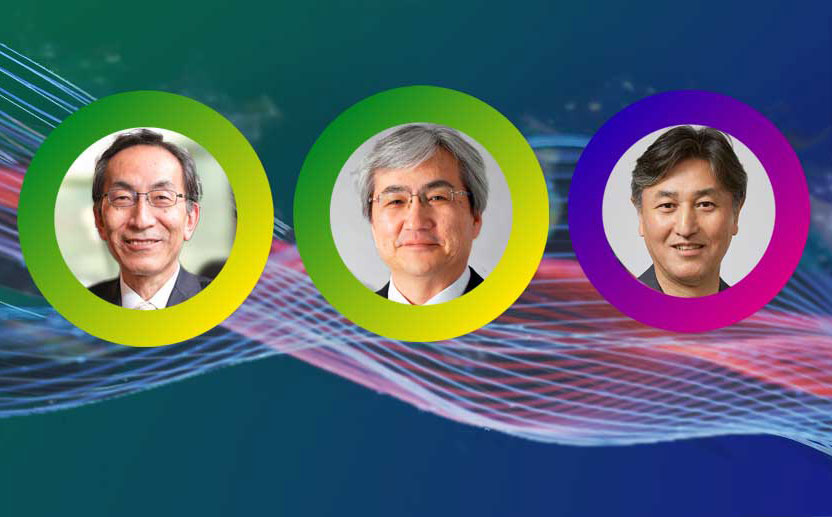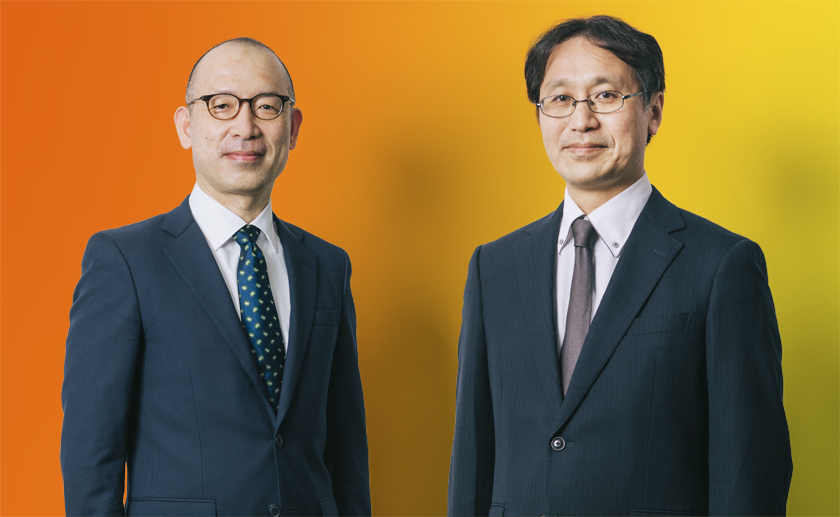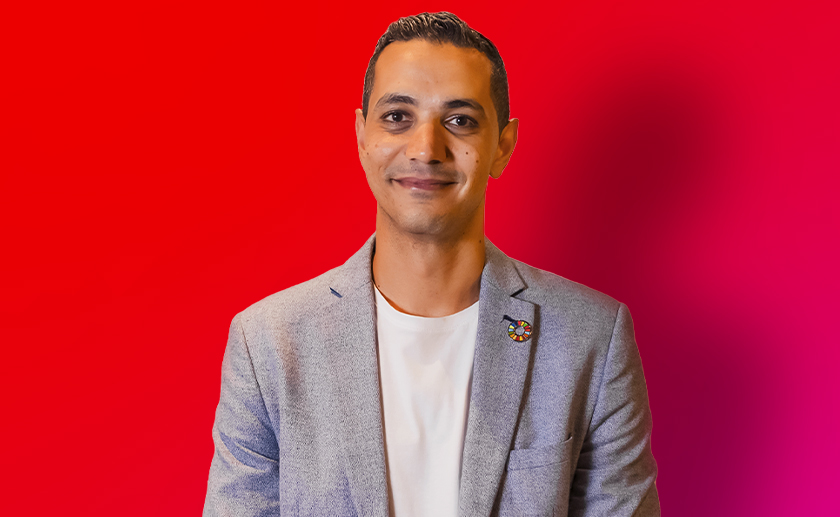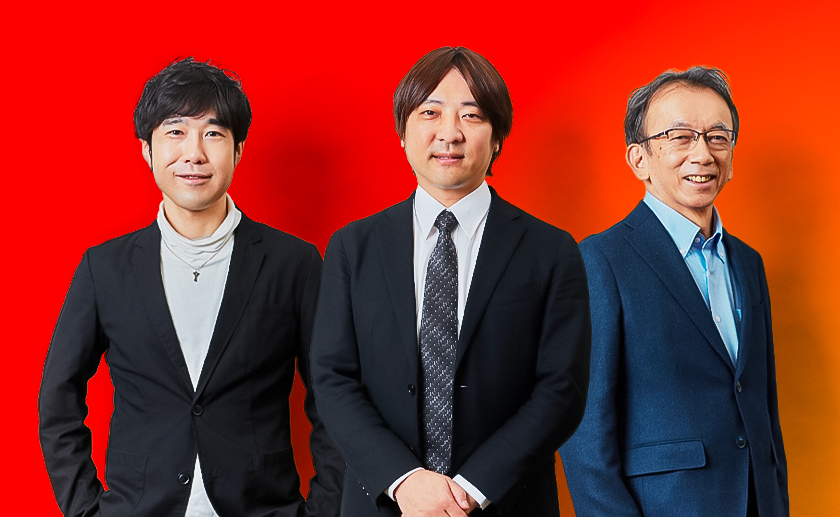
News
Supercomputer Fugaku
Contents
- Technology supports the worldwide battle against COVID-19
- RIKEN and MEXT make the supercomputer Fugaku available to fight COVID-19
- Fugaku to help search for a cure
- Seeking a swift end to the COVID-19 crisis
Technology supports the worldwide battle against COVID-19
Since the first confirmed case of the novel coronavirus (COVID-19) at the end of 2019, the virus has spread around the world and continues to threaten public health and business. Statistics from the end of April show that over 3.19 million people have been infected, and more than 220,000(*1) lives have been lost globally. In Japan, as more people became infected with the virus, the Japanese government declared a state of emergency. This significantly impacted people's daily lives and economic activities.
Despite ongoing efforts, there is still no effective vaccine or cure for COVID-19. Treatment chiefly aims to address the symptoms of the disease. There are many unknowns regarding the full social and economic impact of COVID-19, making it difficult to plan countermeasures.
To find an effective approach to tackle COVID-19, the public and private sectors are teaming up with academia on many research and development projects, and cutting-edge ICT is playing an important role.
RIKEN and MEXT make the
Supercomputer Fugaku available to fight COVID-19
In April 2020, RIKEN teamed up with the Ministry of Education, Culture, Sports, Science, and Technology (MEXT) to make the Fugaku available for use in COVID-19 research and development.
Fugaku is a supercomputer jointly developed by RIKEN and Fujitsu (*2). Fugaku was originally scheduled to become available for shared use in FY2021 but these plans were accelerated in response to the COVID-19 pandemic.
Using Fugaku's computational power to develop effective new drugs and treatments, along with extensive technical support from Fujitsu, will help reduce long-term impacts from COVID-19.
Fugaku to help search for a cure
Five projects are eligible for priority use of the supercomputer:
1.Exploring new drug candidates for COVID-19 (project representative: Yasushi Okuno, RIKEN/Kyoto University)
2.Prediction of conformational dynamics of proteins on the surface of SARS-Cov-2 (project representative: Yuji Sugita, RIKEN)
3.Simulation analysis of pandemic phenomena (project representative: Nobuyasu Ito, RIKEN)
4.Fragment molecular orbital calculations for COVID-19 proteins (project representative: Yuji Mochizuki, Rikkyo University)
5.Prediction and Countermeasures for virus Droplet Infection under the Indoor Environment (project representative: Makoto Tsubokura, RIKEN/Kobe University)
Exploring new drug candidates for COVID-19 by "Fugaku"
RIKEN and Kyoto University are exploring new drug candidates for COVID-19, specifically to inhibit the enzyme that helps the virus multiply. However, the process of finding a new drug, testing it, and completing clinical trials, takes longer than a year, so researchers are looking for an effective drug candidate from among already-approved pharmaceuticals. The study is using molecular dynamics calculations for some 2,000 known drugs, including antiviral drugs currently being used in clinical trials in Japan.
Calculations in molecular dynamics involve simulations that require immense processing power. The conventional PCs that we use daily do not have the capacity to calculate the complex movements of molecules. So, the research team is using Fugaku to identify drug candidates quickly, to analyze antiviral drug action mechanisms, and to estimate the effects of using multiple medicines in combination. By harnessing the insights obtained from these activities, the research team aims to clarify the efficacy of existing drugs.
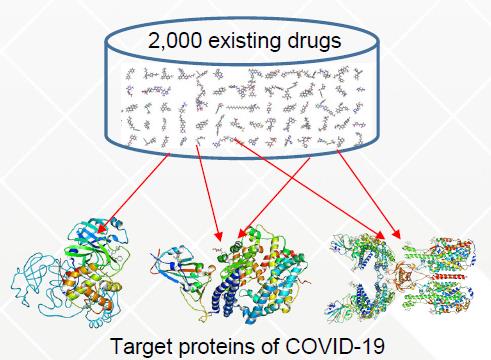
Exploring new drug candidates for COVID-19 by "Fugaku"
(Image provided by RIKEN)
The economic impact of lockdowns
Doctor of Science(D.Sc)Nobuyasu Ito of RIKEN published the following paper, titled Simulation analysis of pandemic phenomena:
Simulation analysis of pandemic phenomena
Reserch content:
Social and economic impact is increasing globally, and Japan is now at critical bifurcation point. And challenges to make its visualization and “big data” mining have started. In this project, making the most of the “Fugaku” and other supercomputers, estimations of possible future of our social and economic activities, and policy options to control and resolve the situation.
For the purpose, simulations of disease propagation and economic activities, and SNS text mining are applied together with the National Institute of Advanced Industrial Science and Technology, Kyoto University, Tokyo Institute of Technology, the University of Hyogo, the University of Ryukyus and the University of Tsukuba.
Expected results:
- Candidates of policy options to control and resolve the disease propagation and its social and economic effects are visible.
- Dynamic control of the situation together with localized policy will be clear.
- Not only in case of disease propagation policy options in cases of large scale disasters and accidents will also be guided.
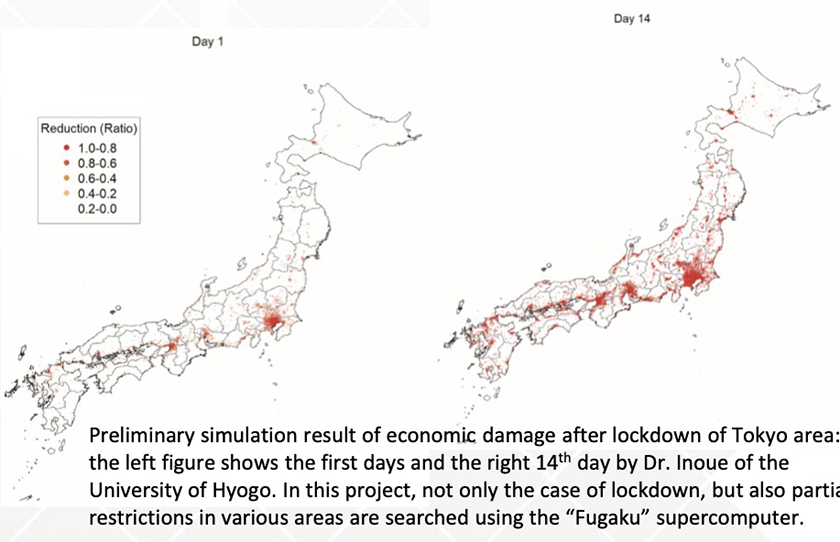
Seeking a swift end to the COVID-19 crisis
The development work on Fugaku aims to go beyond merely making scientific contributions. Fugaku is being built to help achieve Society 5.0, a future in which people can live in safety and comfort. These research projects are closely aligned with this purpose.
“One of the most important missions of Fugaku as Japan’s flagship supercomputer is to protect the well-being of citizens using its massive computing power”, says Satoshi Matsuoka, Director of the RIKEN Center for Computing Sciences (R-CCS), “To combat the global pandemic of the COVID-19 virus, we will rapidly provide access to the capabilities of Fugaku, leapfrogging its preparation, to accelerate the scientific process of diagnosis, treatment, as well as general prevention of infection spread, to contribute to the early termination of the pandemic”.
Fujitsu is collaborating in the development work for Fugaku, and, with RIKEN, has provided support to let the supercomputer be used ahead of schedule.
In the computer building of the RIKEN Center for Computational Science on Kobe City's Port Island, personnel have worked rapidly to install systems and racks as well as complete preparations for operation. This posed a risk that the entire project could be brought to a standstill if anyone on site contracted COVID-19. Part 2 takes a closer look at how Fujitsu engineers carried out development while protecting personnel from contracting the virus.
(*1)As of April 2020
(*2) About the supercomputer Fugaku:
A supercomputer is a machine that can perform a vast number of calculations at ultra-high speed. Fugaku is the successor to the K computer. The name K is derived from the Japanese word kei, which means 10 quadrillion (10 to the 16th power), as it has the power to execute that many calculations per second. The K computer ranked first in supercomputer performance in the Top 500 in June and November 2011. It also maintained the first-place position on nine consecutive occasions since 2014 in the Graph500. With the goal of an application execution performance 100 times that of the K computer, Fugaku integrates Fujitsu’s knowledge and experience in computer development, which started with the company’s FACOM series of computers.
Fugaku is another name for Mt. Fuji, the tallest mountain in Japan. The name symbolizes the supercomputer’s high performance and indicates the broad domains that the new supercomputer will help its users reach, as suggested by Mt. Fuji’s wide conical shape. Fugaku will help solve social issues such as those in healthcare, disaster prevention, energy, and sustainability. The supercomputer will also play a role in the development of manufacturing methods based on entirely new concepts, in unraveling the mysteries of the universe and the origin of life, and in AI and robotics research projects that concern these topics. As the culmination of world-leading technology, Fugaku will continue to assist in many more efforts to come.



